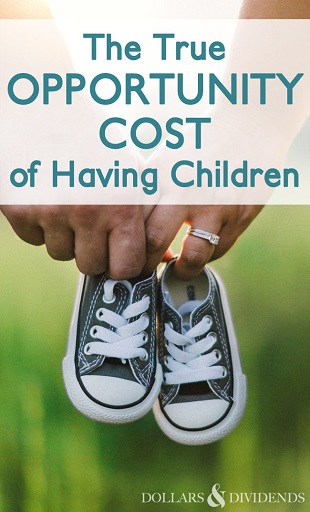In Ed West’s weekly round-up, he ends the post on this rather grim (from a demographic viewpoint) note:
In The Guardian, Martha Gill on the great vexation of modern life: people can’t have as many children as they’d like.
OK: so it’s about social structures, then? Lack of childcare, unequal parental leave and career penalties for mothers. Not so – or not primarily. In our fecund recent past, remember, career penalties for mothers were even higher. Mothers still suffer a career penalty almost everywhere, but attempting to remove it doesn’t seem to alter their decisions that much. Since 2008, amid unequalled progress in gender equality and some of the most generous parental support schemes on the planet, birthrates in Sweden, Norway and Iceland have fallen precipitously. Nordic countries are, comparatively, parental utopias, yet birthrates tick along slightly above the EU average and still well below the replacement rate.
I agree with her basic premise. Aside from Georgia, no country has successful brought fertility rates above replacement rates, whatever the childcare incentives, because sub-replacement fertility is probably an inevitable product of female emancipation. In particular the issue is that women don’t tend to marry men with lower education and income levels, so the modern system ensures that a large minority of men are simply unmarriagable.
I’m not convinced by Gill’s solution, since outcomes for the children of single parents are way worse on average, and even with huge state support it’s going to be incredibly hard to raise children alone. Even without grandparental support it’s hard with two parents. I also think this problem is inevitably helping the drive towards poly-acceptance. As Rob Henderson wrote earlier this month:
In a deregulated market, power laws dominate. This is true not only in the economic realm, but in the romantic realm as well. At no point in history have all men in a given society been equally desirable. Today, though, the disparity between men is particularly pronounced. And the gap shows no sign of slowing or closing. The polyamorous movement may be a reaction to shifts in sex ratios among attractive individuals. Many individuals who do not identify as poly are likely practicing some version of it, knowingly or otherwise, as the case of West Elm Caleb demonstrated. The majority desirable young males using dating apps almost certainly have at least three women in their rotation, if not more.
As with so many things, post-Christian society is reverting to pre-Christian norms, in this case the norm where a large proportion of men were thrown onto the romantic scrapheap.











